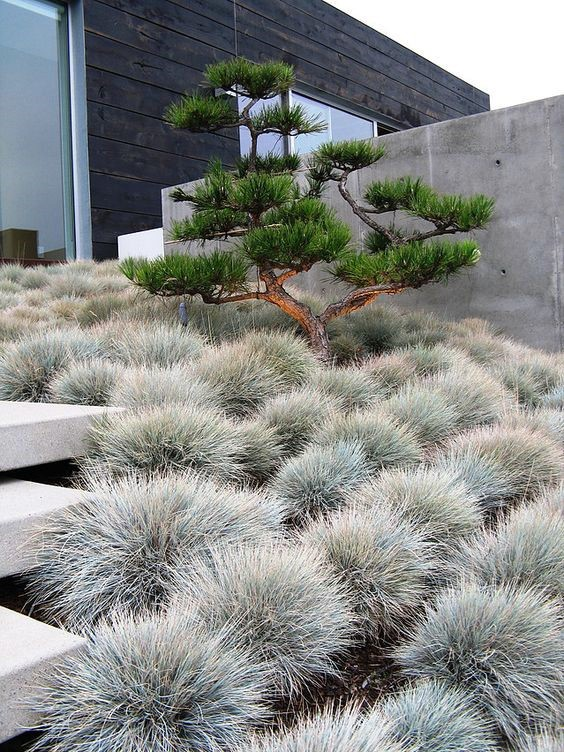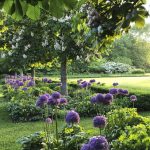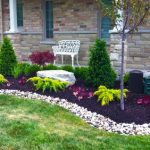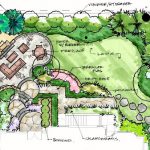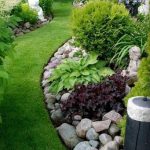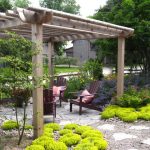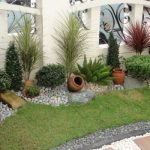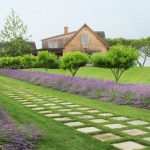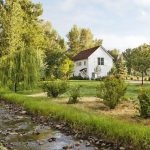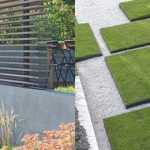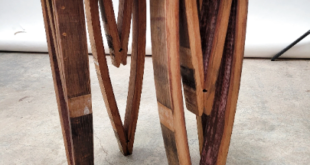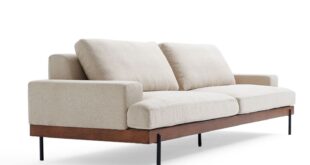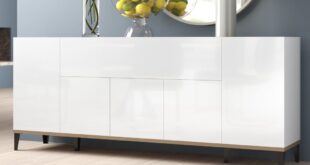When it comes to landscape design, there are endless possibilities to transform an outdoor space into a beautiful and functional area. One popular idea is to create a focal point using a large tree, fountain, or sculpture. This can serve as a centerpiece that draws the eye and creates a sense of balance in the space. Adding elements such as seating areas or pathways can further enhance the design and make the space more inviting.
Incorporating different textures and colors into the landscape can add visual interest and create a dynamic outdoor space. Mixing different types of plants, such as flowers, shrubs, and trees, can create a vibrant and layered look. Using a variety of materials, such as stone, wood, or metal, can also add texture and depth to the design. By combining these elements, you can create a visually appealing and harmonious landscape.
Another idea for landscape design is to create separate outdoor “rooms” within the space. This can be achieved by using hedges, walls, or fences to define different areas for dining, relaxing, or gardening. By creating distinct zones, you can maximize the functionality of the space and create a sense of privacy and intimacy. Adding features like a pergola, fire pit, or outdoor kitchen can further enhance the functionality and enjoyment of each “room.”
Water features, such as ponds, fountains, or streams, can add a sense of tranquility and relaxation to a landscape design. The sound of running water can create a soothing atmosphere and attract birds and other wildlife to the area. Water features can also help to mask noise from nearby roads or neighbors, creating a peaceful and serene outdoor environment. Adding lighting to water features can further enhance their beauty and create a dramatic effect at night.
Incorporating sustainable and eco-friendly design elements into the landscape can help reduce the environmental impact of a outdoor space. Planting native species, using drought-tolerant plants, and installing irrigation systems can help conserve water and reduce the need for pesticides and fertilizers. Creating a composting area or using recycled materials for hardscaping can further reduce waste and promote sustainability. By taking these eco-friendly measures, you can create a beautiful and environmentally conscious landscape design.
Lastly, incorporating personal touches and elements that reflect your own style and personality can make a landscape design truly unique and special. Whether it’s incorporating favorite colors, materials, or plants, adding personal touches can create a space that feels like an extension of your home. By infusing your own sense of style into the design, you can create an outdoor oasis that is both beautiful and reflective of your individual taste. Ultimately, landscape design is a creative and rewarding process that allows you to transform an outdoor space into a functional and visually appealing area that reflects your own unique vision.
 efistu.com Home Decor
efistu.com Home Decor
